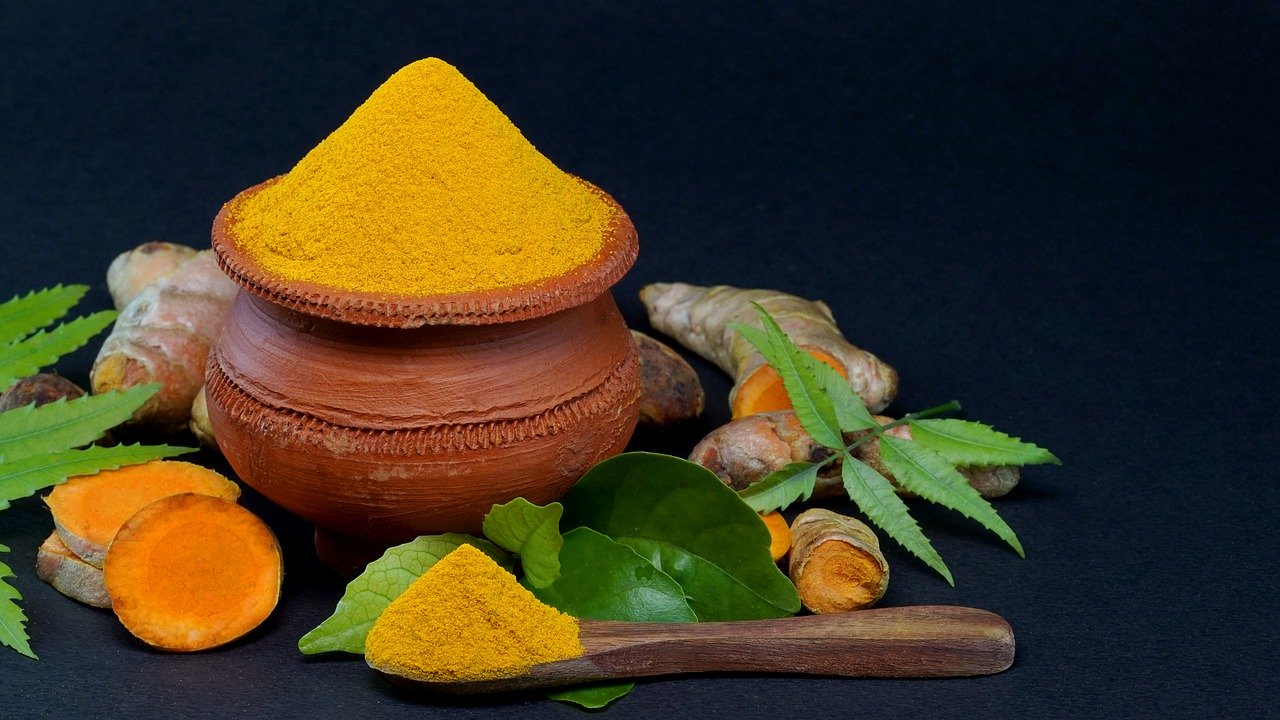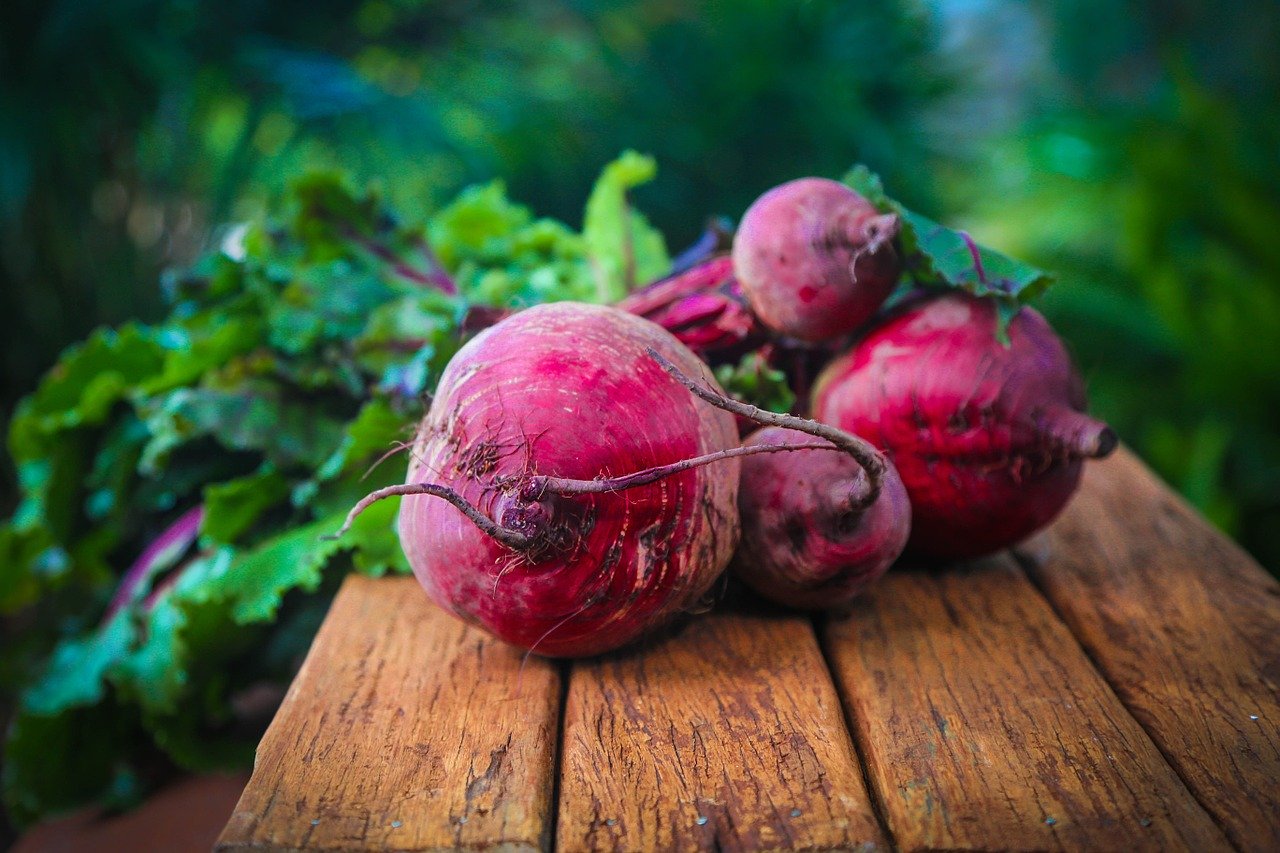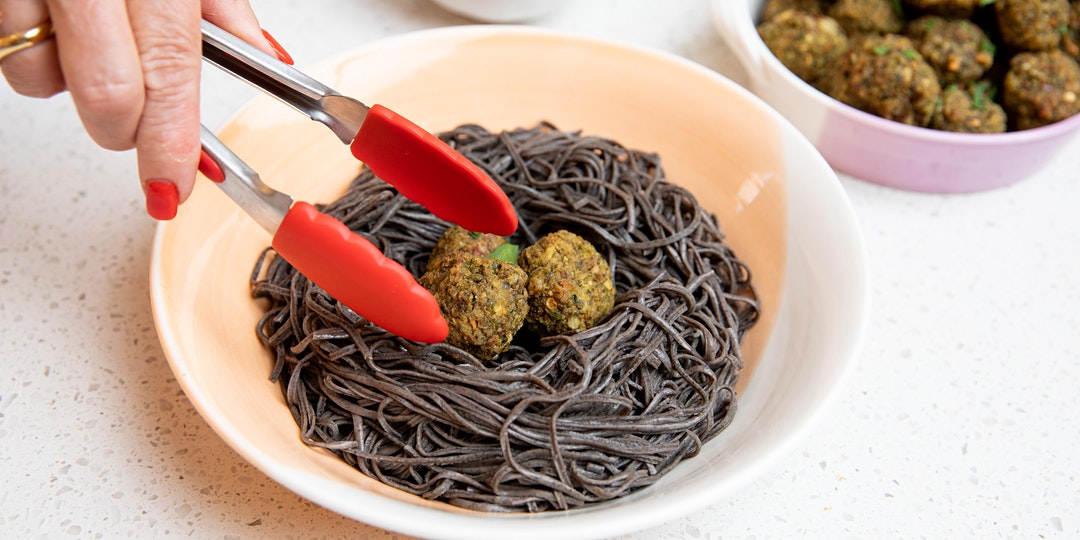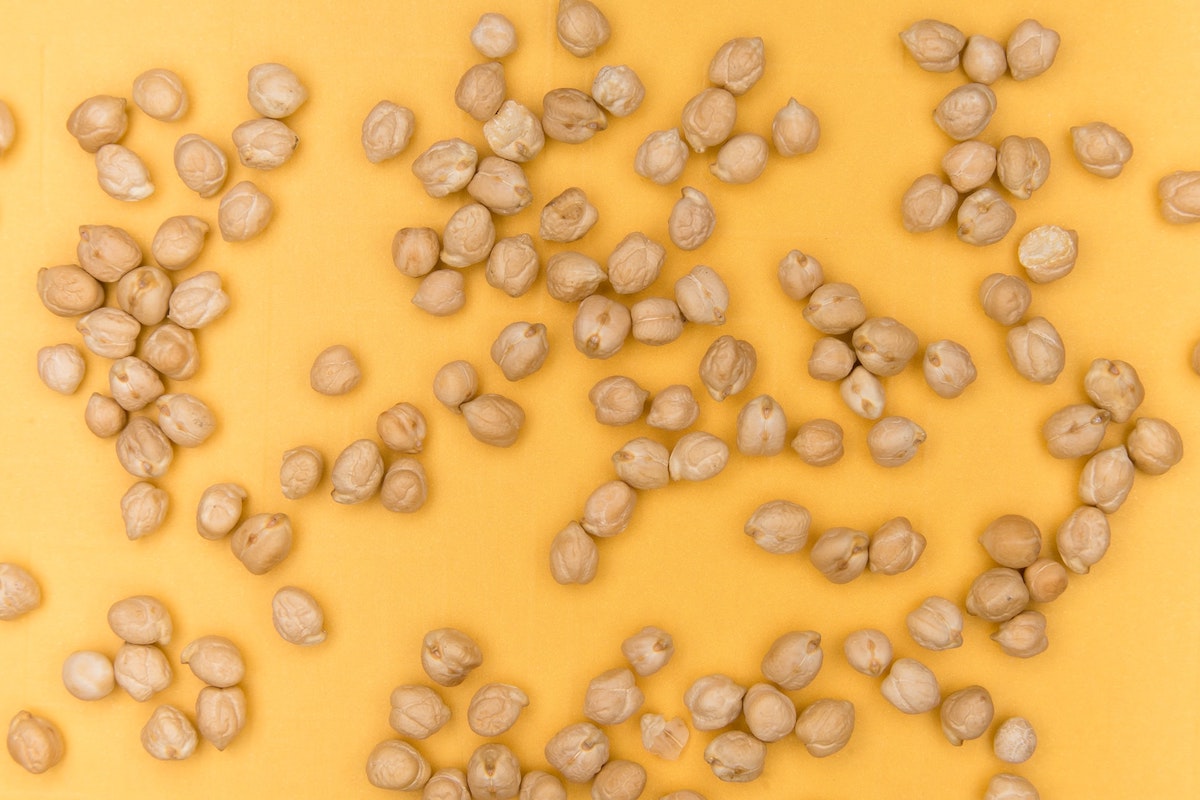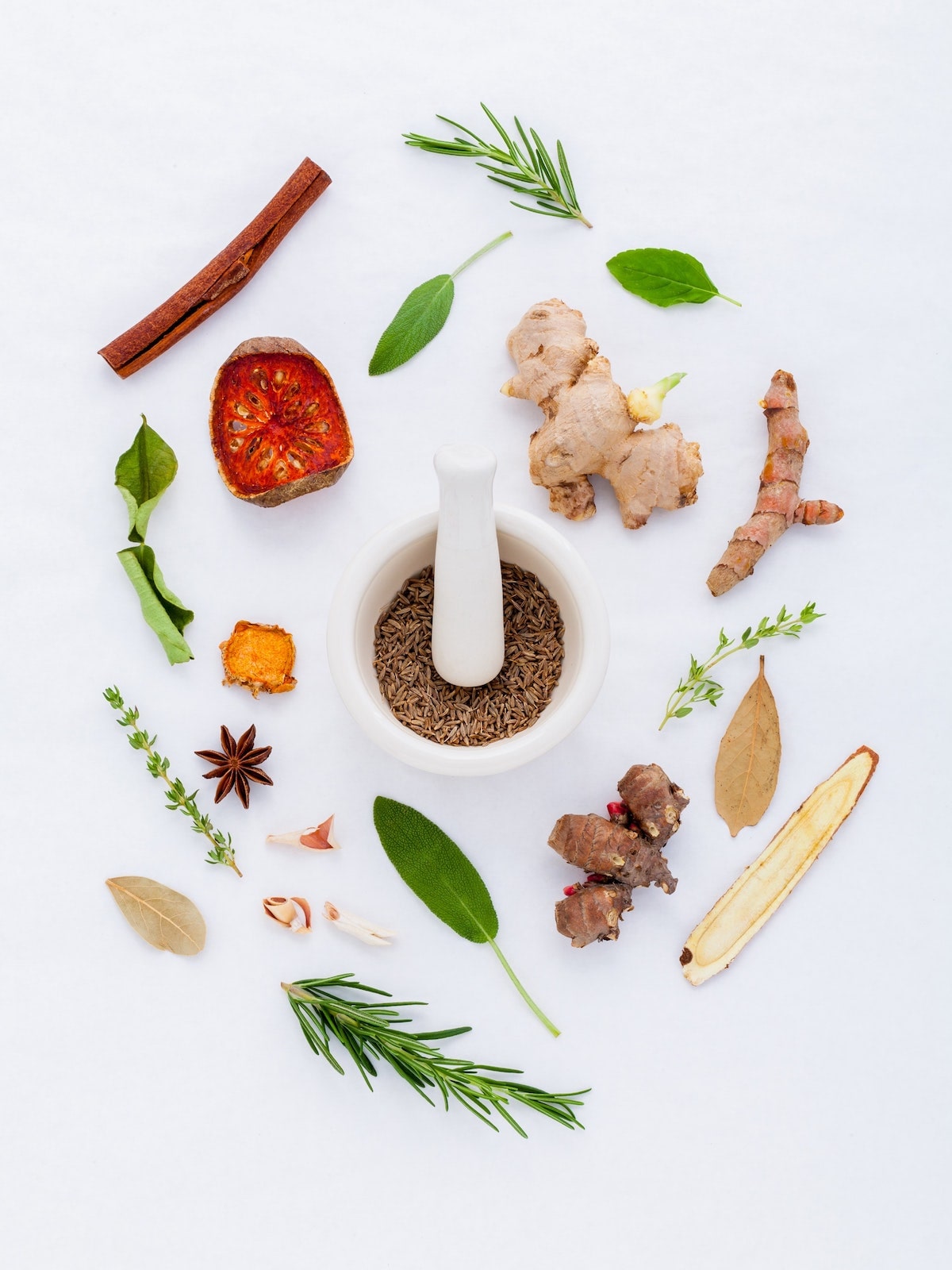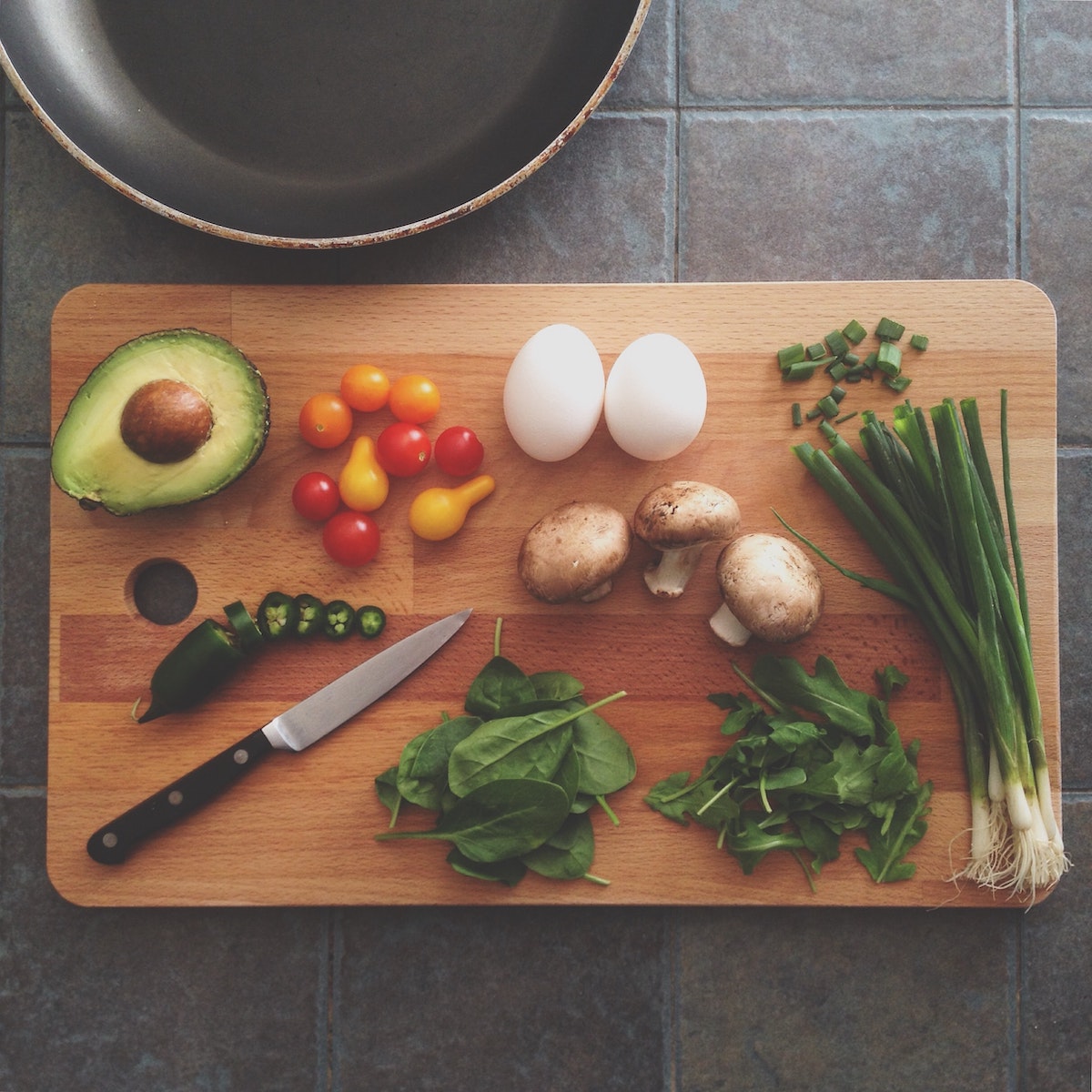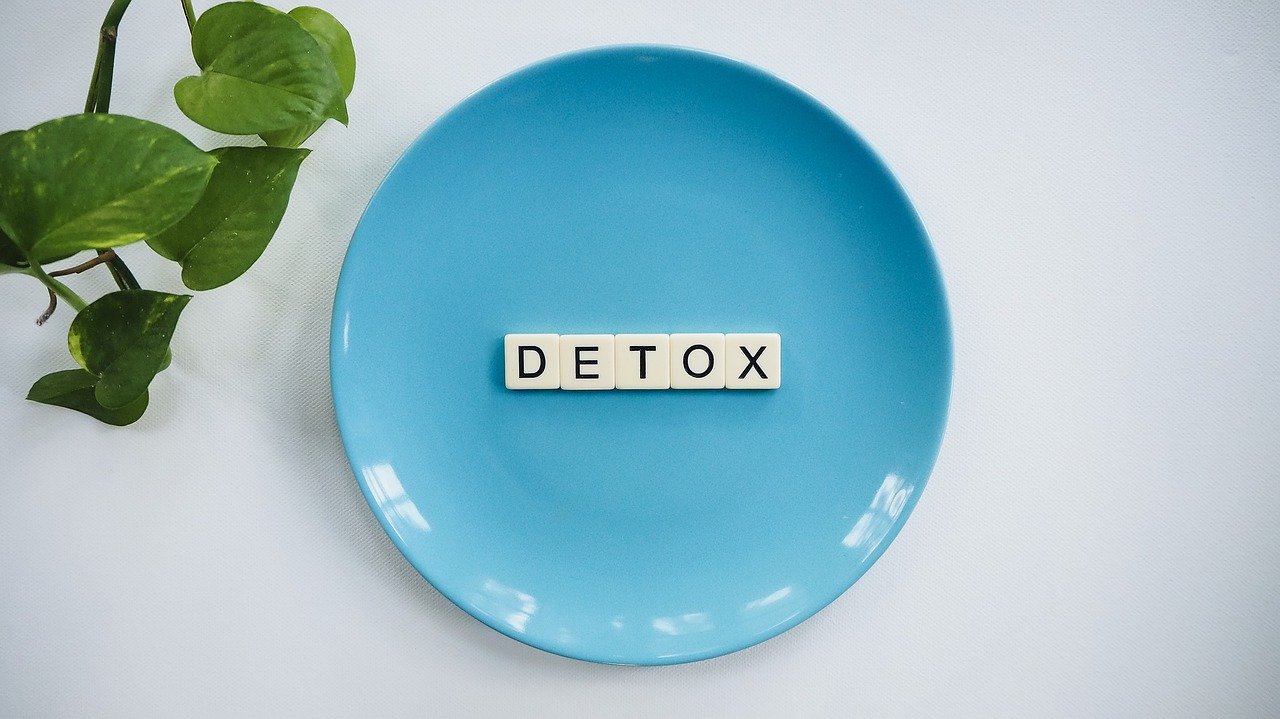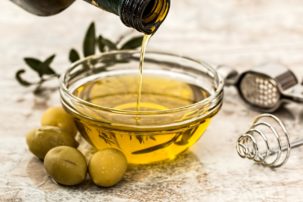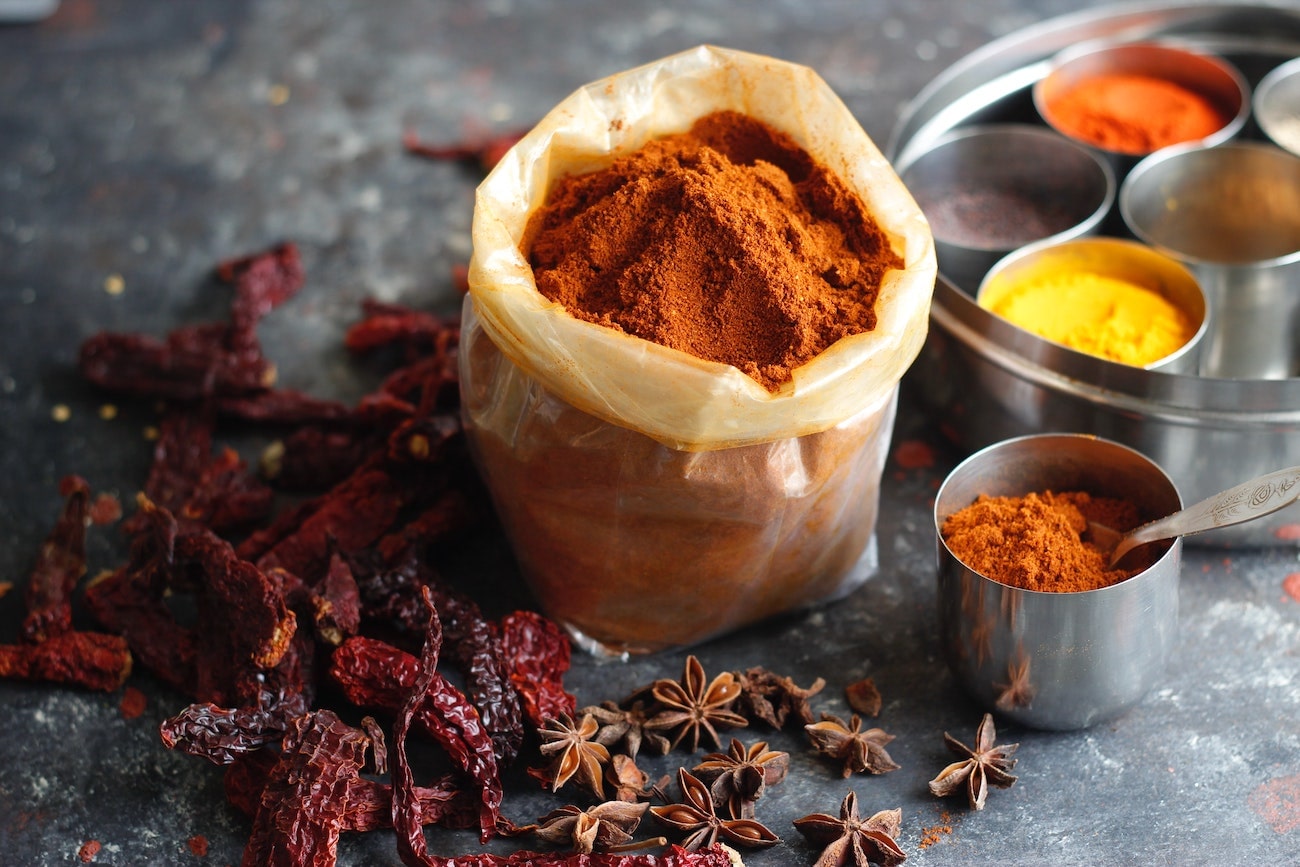Did you know that all disease starts with inflammation? In fact, it is one of the drivers and main symptoms of most autoimmune diseases, from Hashimoto’s Thyroiditis to Rheumatoid Arthritis.
Inflammation typically appears as swelling or joint pain, but can present itself in many ways and can also be silent.
When it comes to autoimmune diseases, the natural anti-inflammatory properties of turmeric can help – and that’s why we’ve made it the main ingredient in our Turmeric Blend.
Turmeric, along with 12 other natural whole-foods, work in harmony to reduce inflammation and the pain that comes with it.
For someone with an autoimmune disease, the natural anti-inflammatory properties of turmeric can truly make a difference in day-to-day life.
What are autoimmune diseases?
Autoimmune diseases all have one thing in common, which is that they cause your immune system to attack the healthy cells within your body.
In this condition, your body cannot tell the difference between those cells that keep you healthy and functioning, and those that are foreign and potentially dangerous. All of this confusion leaves your body at the mercy of a mistaken immune system.
Turmeric has the ability to assist the immune system to regulate or modulate itself, and this helps place the autoimmune condition into remission.
The following are a list of autoimmune diseases that a natural anti-inflammatory like turmeric could help:
- Hashimoto’s Thyroiditis, which attacks your thyroid, the small gland at the base of your neck responsible for metabolism, growth and development.
- Rheumatoid Arthritis, which causes swelling around the joints that leads to redness, stiffness and joint pain.
- Graves Disease is another autoimmune condition affecting the thyroid gland. It causes an overproduction of thyroid hormones and can result in hand tremors, weight loss, a swollen thyroid and puffy eyes.
- Psoriatic Arthritis affects only those who already have psoriasis, causing inflammation of the joints as well as scaly skin patches and a flaky scalp.
- Crohn’s Disease inflames the bowel, affecting the digestive tract and resulting in diarrhea, weight loss and abdominal pain.
- Multiple Sclerosis affects the central nervous system. By causing severe nerve damage, it can sever the communication link between the brain and the body.
Our personal experience with autoimmune disease
Co-founder of Flourish, Chris Ashton was diagnosed with Multiple Sclerosis (MS) in 2003. Upon receiving his diagnosis, Chris began researching what lifestyle changes he would need to make in order to minimise the impact of MS on his life.
With a Master of Business Administration, a Bachelor of Chemical Engineering and a Bachelor Health Science (Nutritional Medicine), Chris’ methodical brain helped him to see and understand the impact of food as medicine.
Using this knowledge – including all of their research and further studies into autoimmune disease – the Flourish team understands the intricacies of autoimmune disorders.
They know what can help to significantly reduce, and in some cases even reverse, the inflammatory symptoms associated with autoimmune conditions.
How the health benefits of turmeric can help
It is not the turmeric itself that has anti-inflammatory properties, but the curcumin component within it. The remaining nutrients in the spice help with absorption, utilisation and protection from the curcumin itself so that the body is able reap its anti-inflammatory benefits.
Like all foods, turmeric is best consumed in its natural form in order to fully reap all of its nutrients. We always recommend staying away from curcumin extracts – and extracts in general – because mother nature intended turmeric as a whole food.
Turmeric contains over 300 different phytonutrients which work together to ensure that all of them are put to use within the body.
By only taking curcumin as a single extract, you won’t receive all of the health benefits of the whole food, and it may even have harmful effects on the gut.
Because a key driver of autoimmune disease is inflammation, treating these diseases is about finding a way to reduce the inflammatory levels in your body.
Our Turmeric Blend harnesses the health benefits of turmeric and its natural anti-inflammatory properties to relieve painful inflammation and reduce the many associated symptoms of autoimmune diseases, which can include a multitude of ailments from joint pain to digestive issues.
Choose a plant-based diet
If you really want to quell the effects of an autoimmune disease, the best advice we can offer is to transition over to a plant-based diet.
Highly processed foods like refined sugars, refined flours and refined carbohydrates all cause inflammation in the body, as does consumption of red meat and dairy.
By cutting out processed foods like lollies, chocolate, fried food, breakfast cereals and bread – and replacing them with whole foods that fight inflammation like fruits and vegetables – you will have a much better chance of reducing the impact that an autoimmune disease can have on your everyday life.
By making positive lifestyle changes that last and embracing natural anti-inflammatory herbs like turmeric, you have the power to change your life for the better – just like Chris did!

